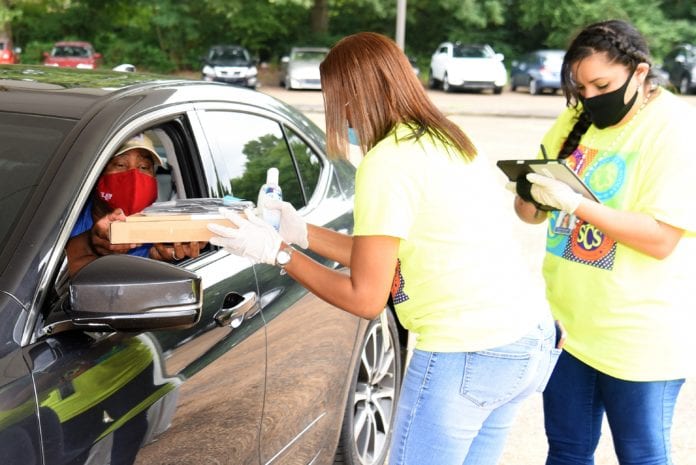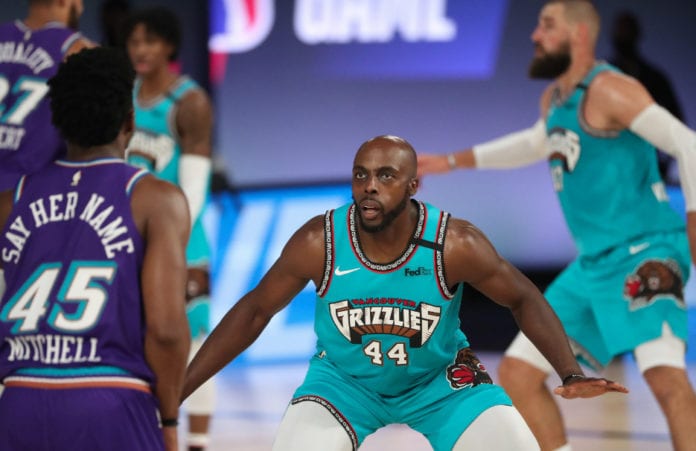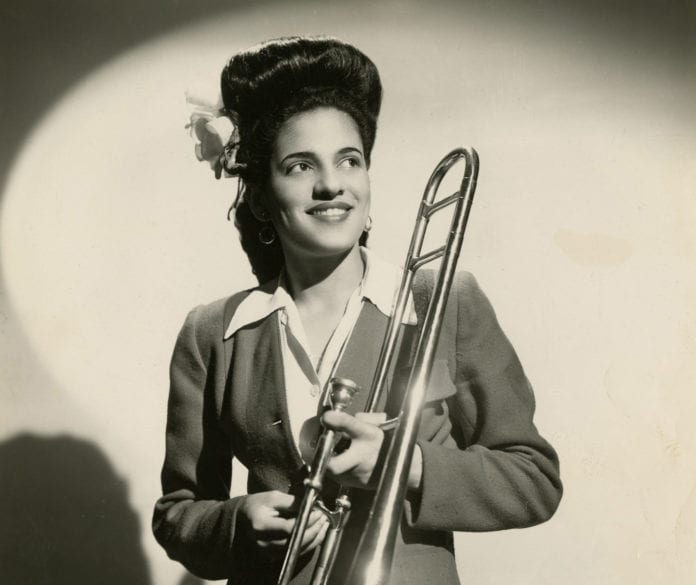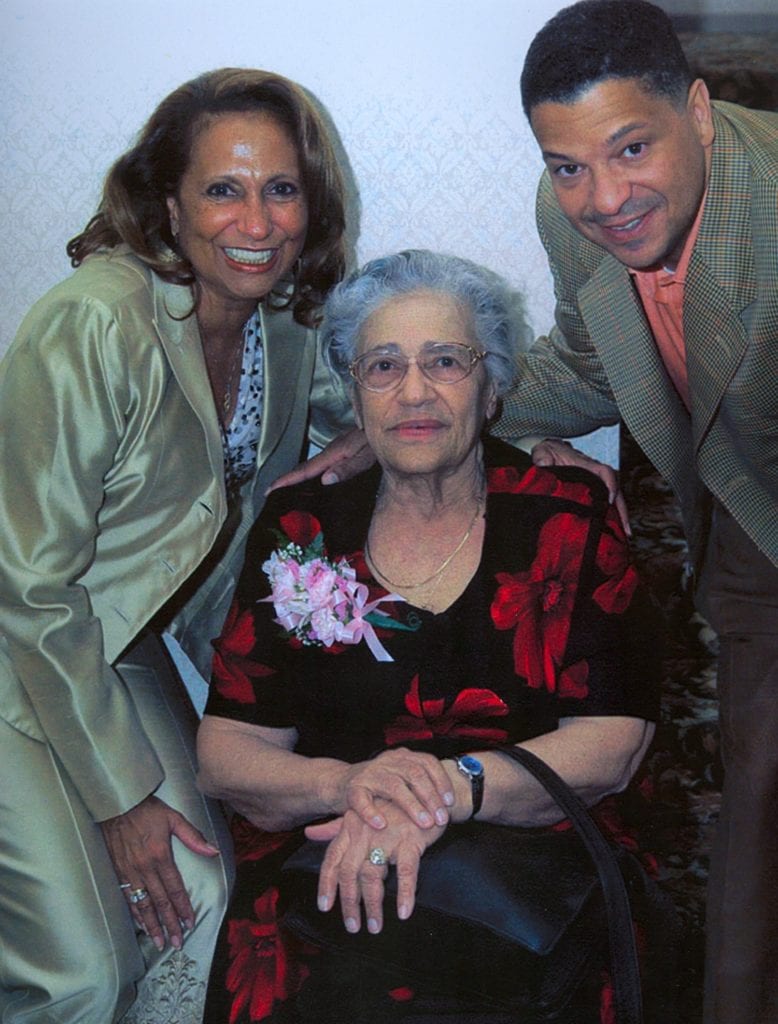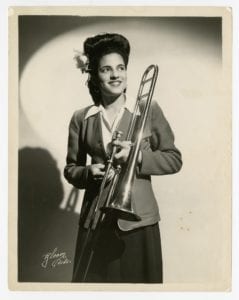“You did it girl,” a supporter said to Marquita Bradshaw, who was giving a video reflection about her stunning capture Thursday of the Democratic Party nomination for a U.S. Senate seat representing Tennessee.
“No,” said Bradshaw. “We did it. This was not Marquita by herself. With less than $25,000, we beat a million-dollar budget because people lent their resources and worked their networks.”
By self-description via a social-media page, Bradshaw is a “US Senate candidate, organizer, advocate, mom and South Memphian. Committed to cleaning up the environment & politics.”
On Nov. 3, Tennessee voters will get to choose between her and former U.S. Ambassador/Trump-devotee Bill Hagerty, who won the Republican Party nomination in the bid to succeed U.S. Sen. Lamar Alexander (R-TN).
“Grassroots organizing along with the proper budget,” said Bradshaw, “is going to flip this U.S. Senate seat and make history.”
In Shelby County, Bradshaw easily outdistanced competitors in the five-candidate field, unofficially polling 34,507 votes to 19,558 by Robin Kimbrough, the next nearest finisher.
Statewide, the results for the top three candidates shook out this way:
- Bradshaw: 117,389 votes, 35.5 percent
- Robin Kimbrough: 87,965, 26.6 percent
- James Mackler: 78,515, 23.8 percent
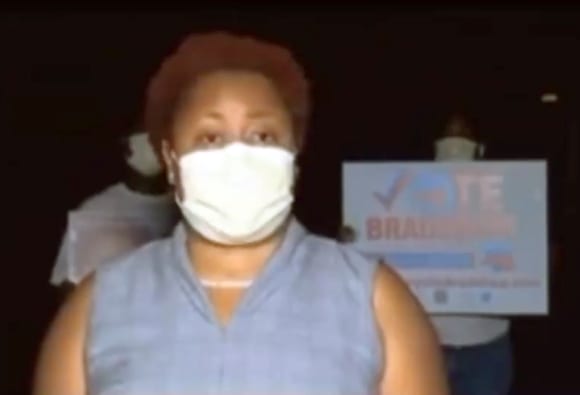
According to the Tennessee Democratic Party, Bradshaw breaks ground as the first African-American woman that either of the state’s major parties has nominated to hold office in a statewide capacity. Kimbrough, an attorney from the Nashville area, is an African American.
“It’s time for us to move toward the future and lay racism to bed so we can move into the ingenuity and creativity that we all deserve as Americans working together,” said Bradshaw in another online post.
Bradshaw grew up in South Memphis and attended the University of Memphis. She has worked with community advocacy groups, environmental organizations and unions, including the Mid-South Peace and Justice Center, the AFL-CIO, the Sierra Club and Tennesseans for Fair Taxation. She has not held public office.
“No one thought of Tennessee as a battleground state – now they’re paying attention,” a donation pitch declares. “Let’s keep fighting! Chip in $20.20 today.”
As the campaign unfolded, Bradshaw stressed that the “US Senate does not represent all of the voices in the United States. Marginalized groups need representation, and that is why I am running,” she said.
“When investments are made in these communities, we make them healthy and safe– strengthening America…No longer can we ignore the internal threats of pollution in the environment, systemic racism, inequality in education and so much more.”
In local election results, former Memphis City Councilman Joe Brown (D) defeated Paul Brown (R) to capture the General Sessions Court Clerk race with 64,230 votes to 42,073.
In Shelby County Schools Board races, Sheleah Harris unseated incumbent Scott McCormick to take the District 5 position. Other winners were Althea E. Greene, District 2; Stephanie P. Love, Dist. 3; Kevin Woods, Dist. 4; Miska Clay Bibbs, Dist. 7.
U.S. House of Representatives:
* Erika Stotts Pearson earned the Democratic Party nod and the chance to face incumbent David Kustoff.
* District 9 incumbent Steve Cohen kept on rolling, running away from Corey O. Strong. His Republican opponent will be perennial candidate Charlotte Bergmann.
The Tennessee State Senate Primary winners were:
(D) Sara P. Kyle, Dist. 30;
(D) Julie Byrd Ashworth, Dist. 32, (R) Paul Rose
The Tennessee State House Primary winners were:
(D) Jerri Green, Dist, 83; (R) Mark White
(D) Joe Towns Jr., Dist. 84;
(D) Jesse Chism, Dist. 85;
(D) Barbara Cooper, Dist. 86; (R) Rob White
(D) Karen Camper, Dist. 87;
(D) Larry Miller, Dist. 88;
(D) Torrey C. Harris, Dist. 90;
(D) London Lamar, Dist. 91;
(D) G.A. Hardaway, Dist. 93;
(D) Lynette P. Williams, Dist. 95; (R) Kevin Vaughn
(D) Dwayne Thompson, Dist. 96; (R) Patricia Possel
(D) Gabby Salinas, Dist. 97; (R) John Gillespie
(D) Antonio Parkinson, Dist. 98
(R) Tom Leatherwood, Dist. 99


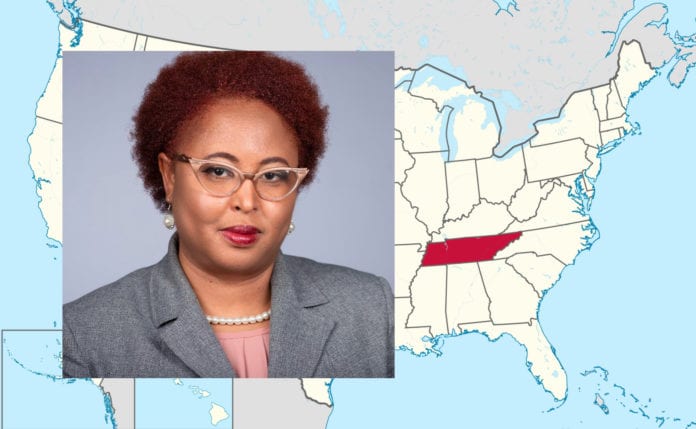

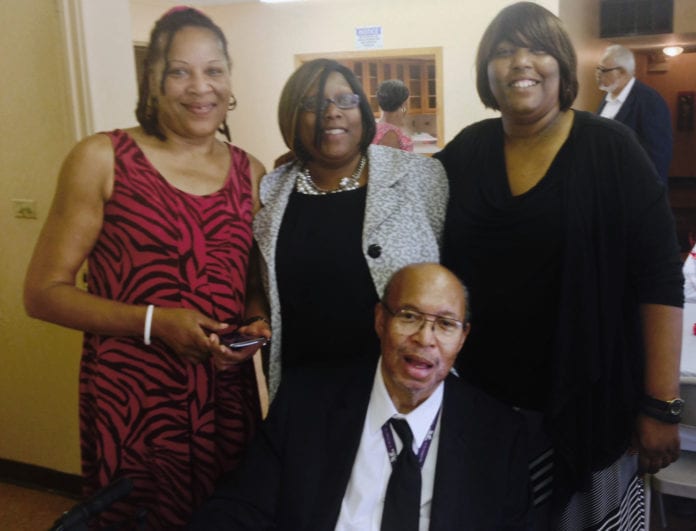
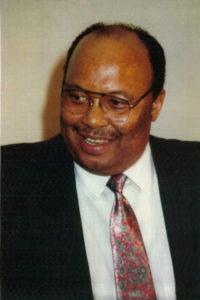
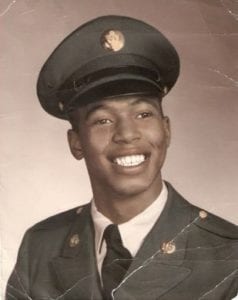


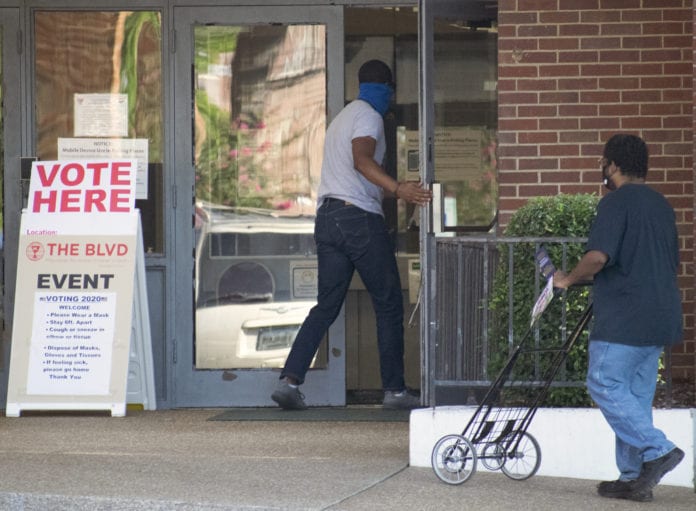
 “Thank you for voting,” came a voice from behind me.
“Thank you for voting,” came a voice from behind me.
